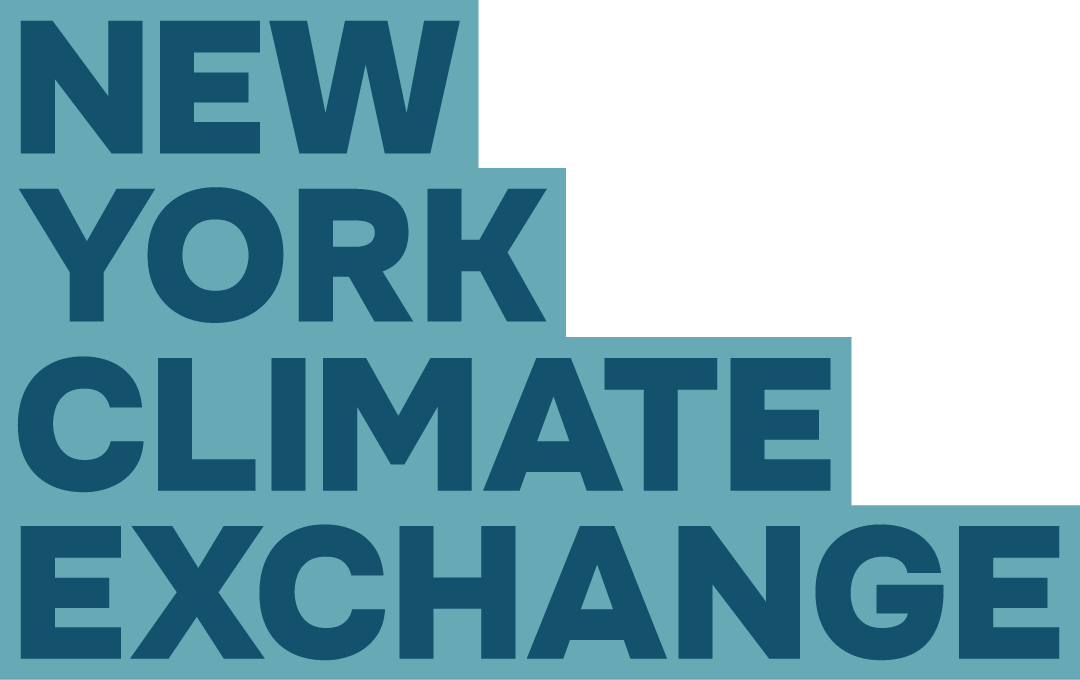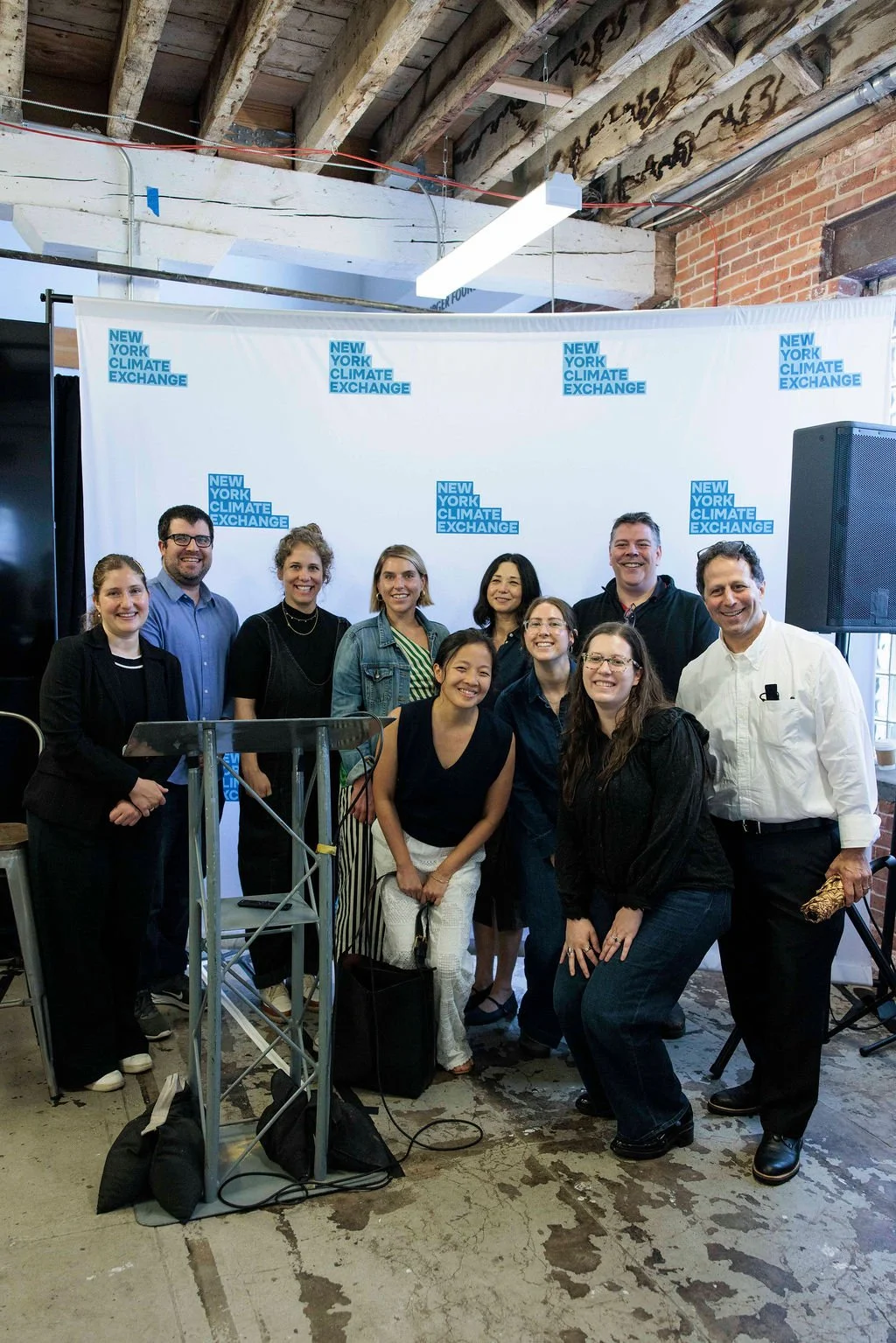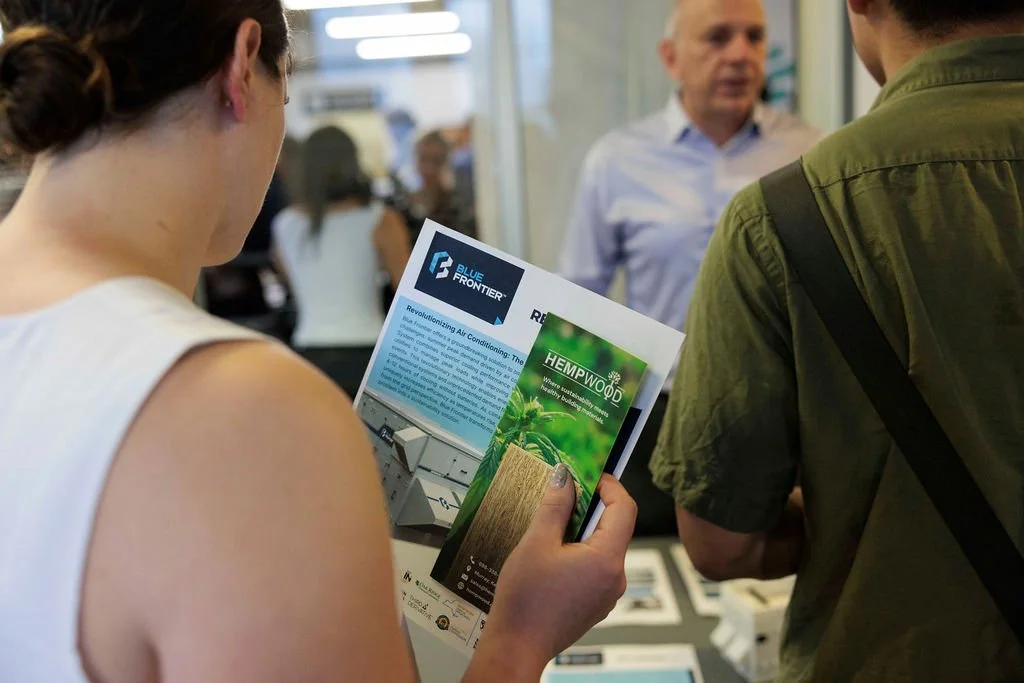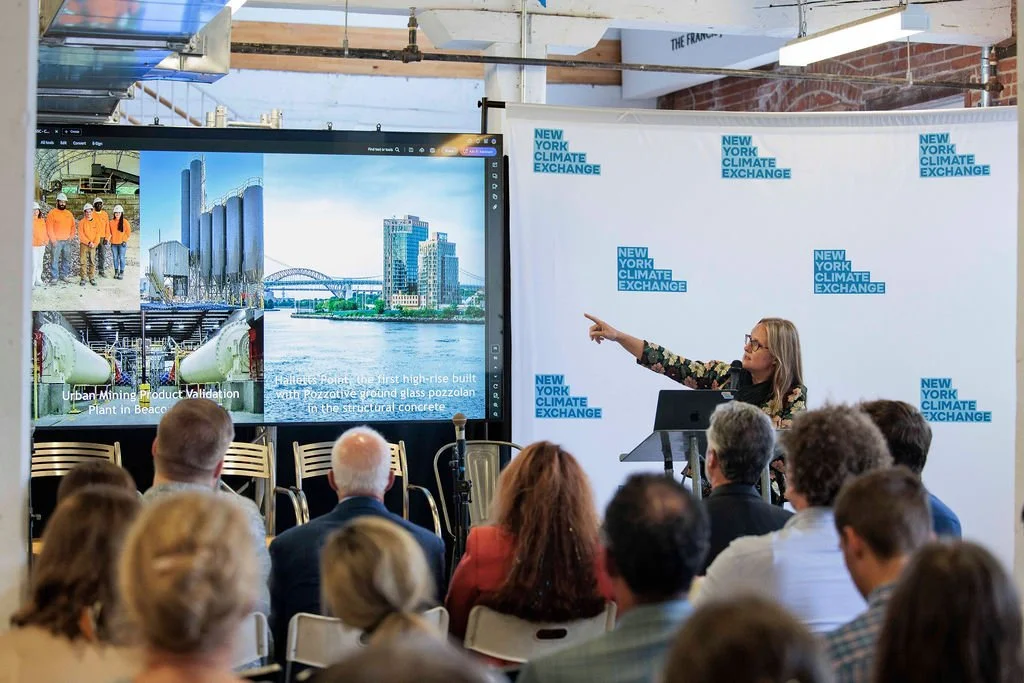Sustainable Solutions Challenge
The Challenge
The New York Climate Exchange’s Sustainable Solutions Challenge called for groundbreaking, implementation-ready innovations that can be integrated into our new climate campus on Governors Island, scheduled to open in Fall 2029. Designed as a living laboratory for sustainability, this first-of-its-kind development will showcase cutting-edge climate solutions and serve as a global model for resilient, low-carbon urban design.
This challenge invited innovators from around the world to propose scalable, adaptable solutions in the following areas:
Built Environment & Design
Infrastructure Systems & Resource Efficiency
Resilient Ecosystems & Landscape Design
Other bold, unconventional ideas that align with our mission and can enhance our project
Selected solutions have the opportunity to:
Showcase their innovations at a high-visibility, globally recognized climate center.
Engage with policymakers, industry leaders, and researchers through Climate Week NYC 2025 and other public events.
Collaborate with experts to explore real-world applications of their solutions.
Our panel of expert reviewers includes leaders from academia, industry, urban development, and sustainability. With vast experience spanning investment, green infrastructure, architecture, corporate sustainability, and innovation, these professionals bring diverse perspectives.
Meet Our Finalists: Cohort 1
-

Biochar Based Interior Wall Tile
Made in Brooklyn, Cast Carbon is a biochar-enriched, cradle-to-compost architectural wall tile offering clean beauty, carbon storage and Class A fire ratings.
-

Hemp-Based Interior Finish Product
HempWood is an engineered wood alternative for indoor applications that uses a hemp- and soy-based construction, carbon-negative/zero-waste manufacturing process, and zero-VOC formula to sequester carbon and reduce embodied carbon in built environments.
-

Carbon Sequestered Finish Product
Ouros Materials is a materials technology startup developing ultra-tough, resilient, low-cost composite materials using captured CO₂ to lower embodied carbon in construction.
-

Concrete Alternative
ProZERO™ is an innovative cement replacement that significantly lowers the global warming potential of any concrete mix with a unique blend that incorporates microalgae.
-

Concrete Alternative (Waterfront)
ReefCycle’s next-generation enzymatic cement—inspired by corals and oysters—is a strong, durable, fast-curing biocement that both reduces emissions and sequesters carbon, offering a regenerative alternative to conventional cement.
-

Concrete Alternative
Pozzotive® Ground Glass Pozzolan is a low-carbon, high-performance cement replacement for all types of concrete that’s made from recycled waste glass and produces concrete with enhanced properties, including strength, durability, and resistance to corrosive road salts and saltwater.
Meet Our Finalists: Cohort 2
-

Plant-Based Air Purifier
BIOM’s living moss biofilters act as fresh air generators or “rebreathers" for buildings, improving indoor air quality while reducing the HVAC energy conventionally used to condition and supply outdoor air.
-

HVAC Related Technology
Blue Frontier’s Energy Storing Efficient Air Conditioner (ESEAC) uses liquid desiccant and thermal storage to deliver a more efficient, grid-friendly alternative to conventional cooling.
-

E-Bike Library
CLIP expands access to clean mobility with its patented, zero-tools, 5-second upgrade tech that turns any analog bike into an e-bike; through community-led CLIP libraries. This approach offers a scalable and inclusive model for deploying e-bikes in the areas that need them most.
-
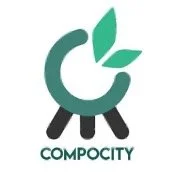
Composting Solution
Compocity transforms food waste into an impactful community experience through an energy-efficient in-building system that combines convenient multi-bin fermentation with a gamified digital platform, driving behavior change, producing nutrient-rich soil food, and making sustainability visible.
-

Composting Solution
Demi is a smart composting system that empowers urban communities to divert food waste from landfills through real-time engagement, education, and data, transforming everyday habits into collective climate action.
-

HVAC Related Technology
MicroEra Power’s THERMAplus is a unique, "Tunable" Thermal Energy Storage system which is a companion technology for heat pumps or chillers to make electrified heating and cooling loads flexible - shifting electrical loads from peak to off-peak times, improving efficiency and resiliency, and freeing up grid capacity.
-

Food Recycler
Mill is a waste prevention technology company that makes it easy for people and institutions to prevent food waste and keep food out of landfills.
-

HVAC Related Technology
MIMiC has developed a refrigerant-free system for heating and cooling based on a solid-state heat pump that is easy to install and maintain.
-

Water Filtration for Microplastics
Moby Filters captures and reuses microplastics from textile washing and manufacturing with scalable modular filters for commercial laundry and water systems.
-

HVAC Related Technology
Miller Proctor Nickolas’ solution leverages the advanced capabilities of Oilon heat pumps to utilize multiple heat sources—such as ambient air, geothermal loops, and waste heat—based on seasonal availability and building load profiles. This intelligent source management strategy is a robust and scalable approach to low-carbon building electrification.
-

Food Waste Minimizing Interactive Technology
Racoon Eyes uses 3D imaging to automatically measure and analyze food waste in dining services, helping institutions cut waste by up to 30%, reduce costs, and improve the dining experience while engaging students in behavior change.
-

Energy Storage
RePurpose Energy is focused on reusing EV batteries to create reliable, low-cost “second-life” energy storage systems.
-

Wastewater Energy Transfer
SHARC Energy harnesses the untapped thermal energy in wastewater with its Wastewater Energy Transfer (WET) systems, providing buildings and campuses with reliable, renewable heating, cooling, and hot water production while reducing GHG emissions, freshwater use, and operating costs.
-

Air Moisture Capture for Potable Water
WattAir is a modular, solar- and waste heat-powered device that passively captures moisture from the air to produce clean, potable water on-site—offering a resilient, regenerative, and energy-efficient solution for decentralized water access in buildings, public spaces, and off-grid environments.
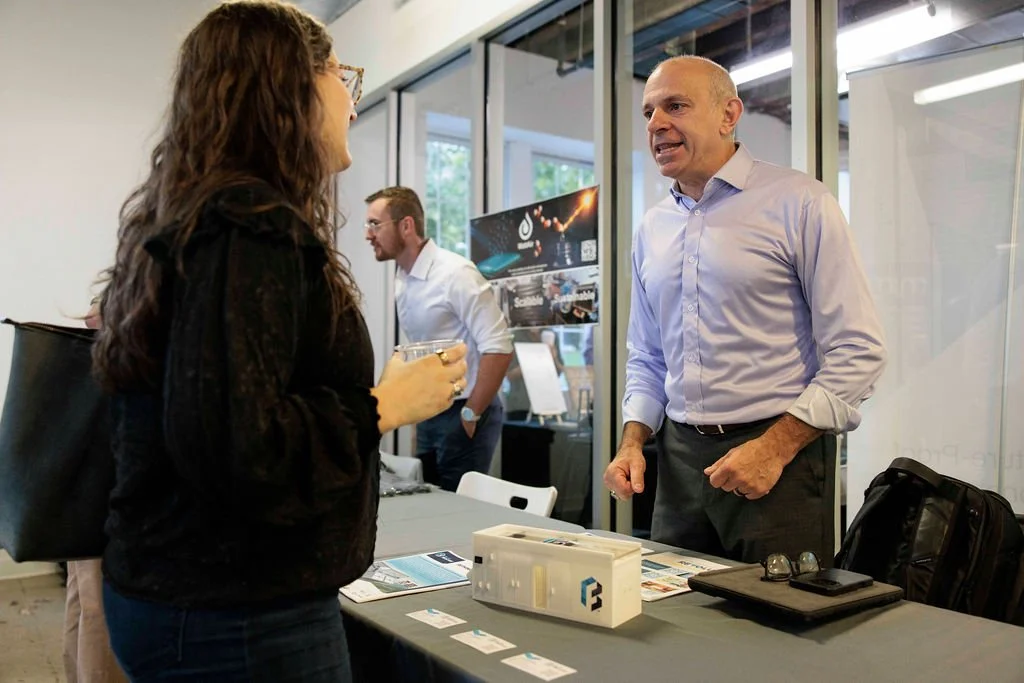
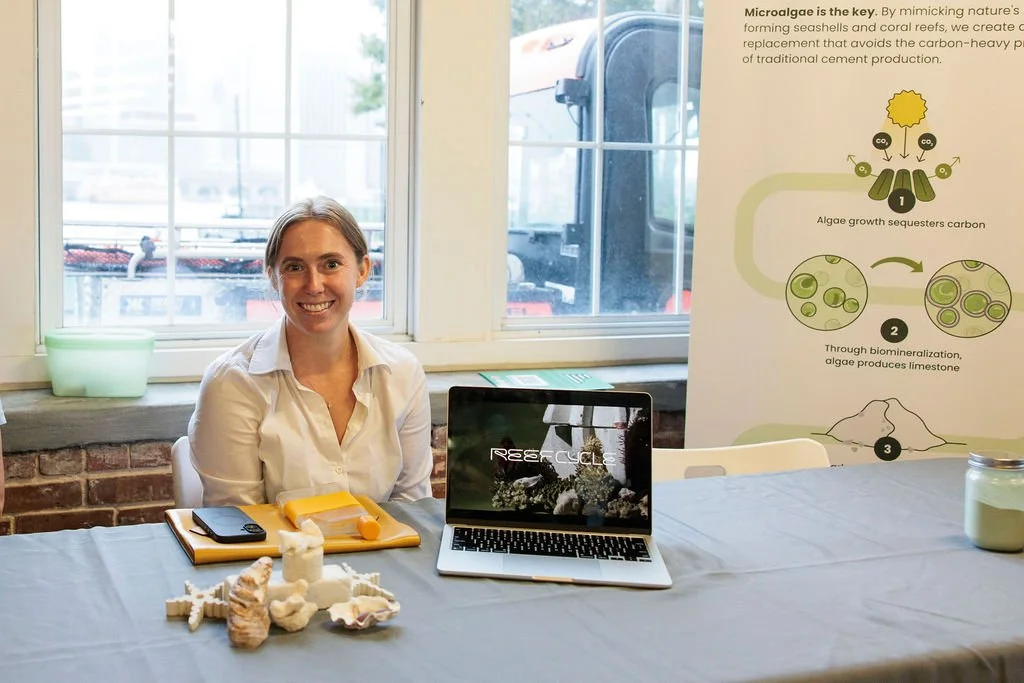
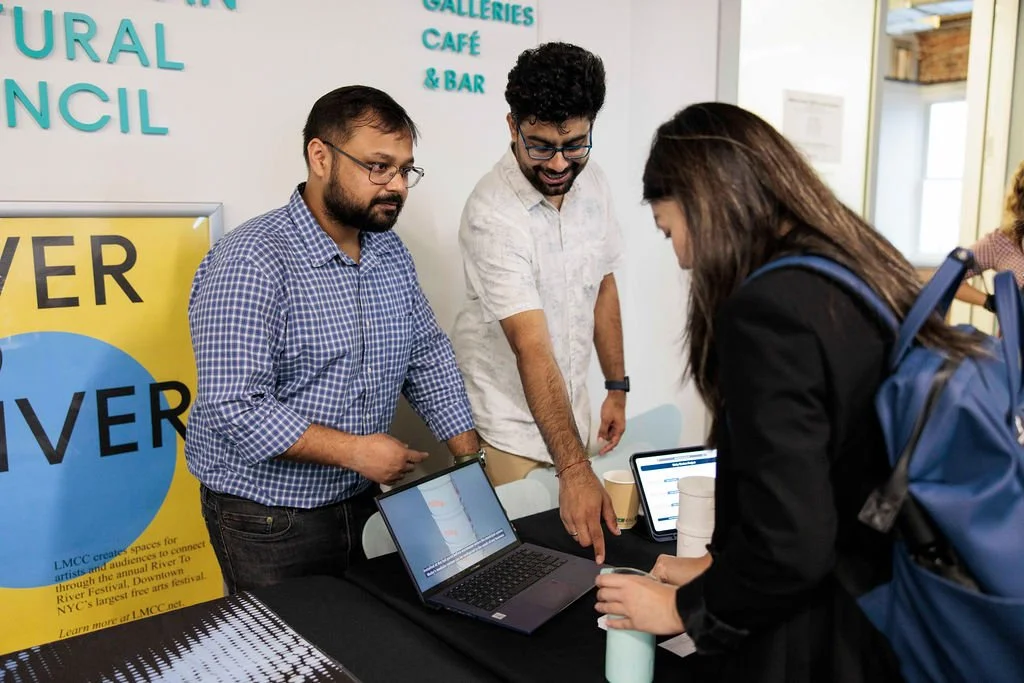
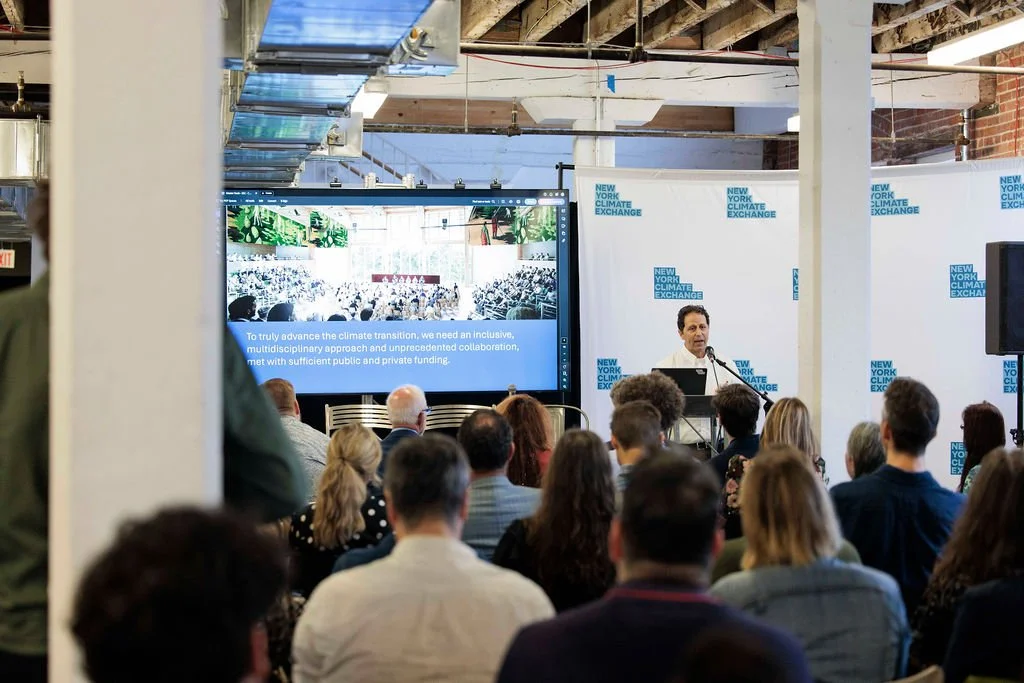
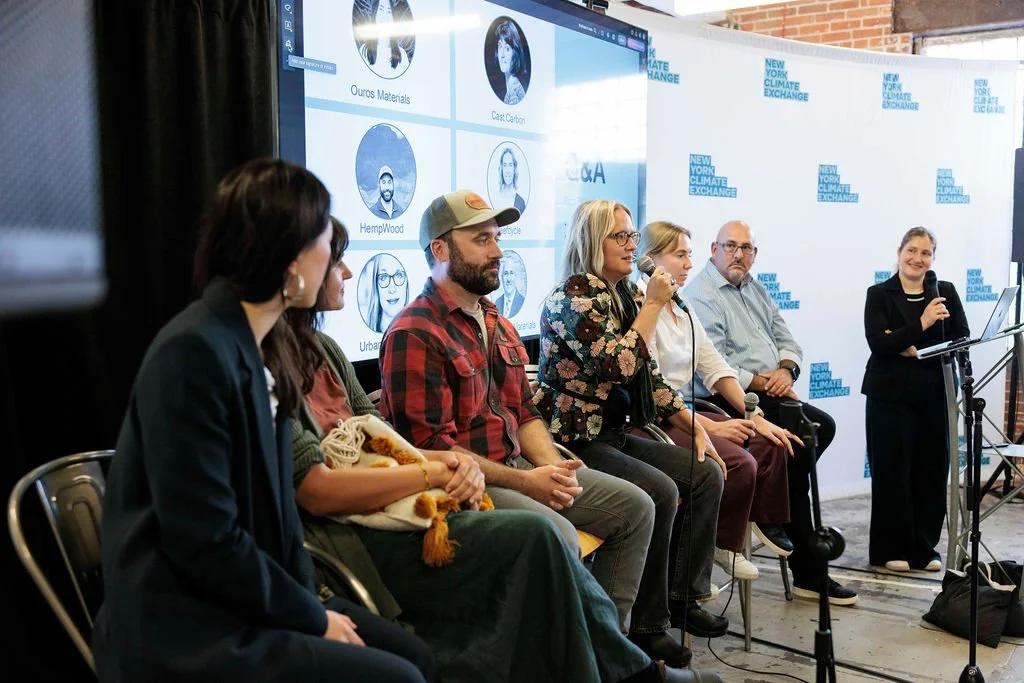
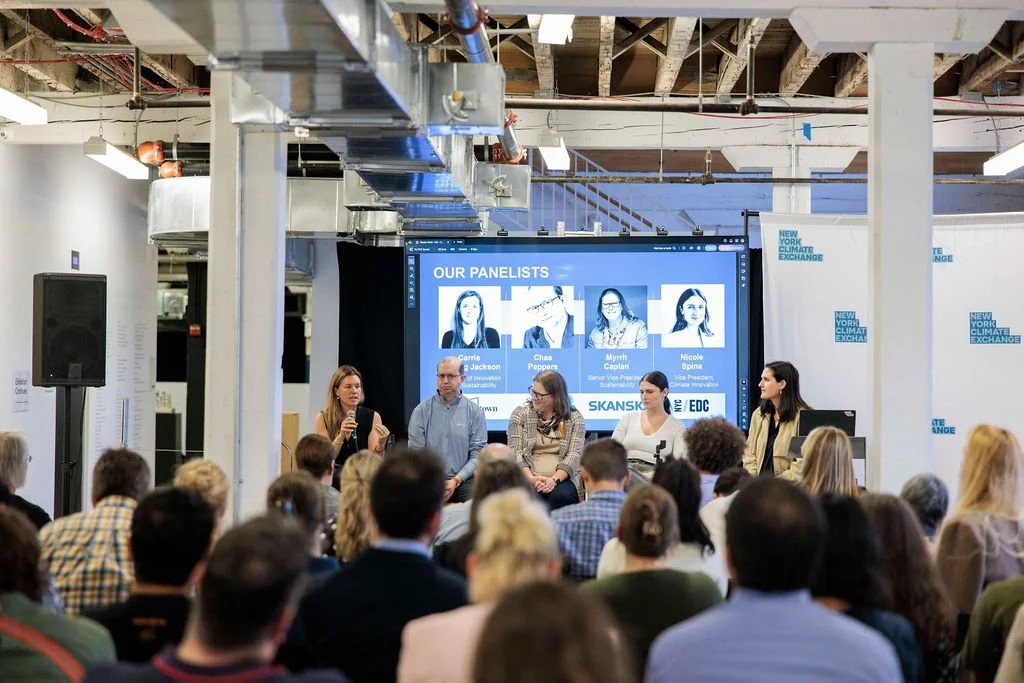
This Challenge was made possible with the support of AWS and Intel and the VELUX Group and our community of partners.
